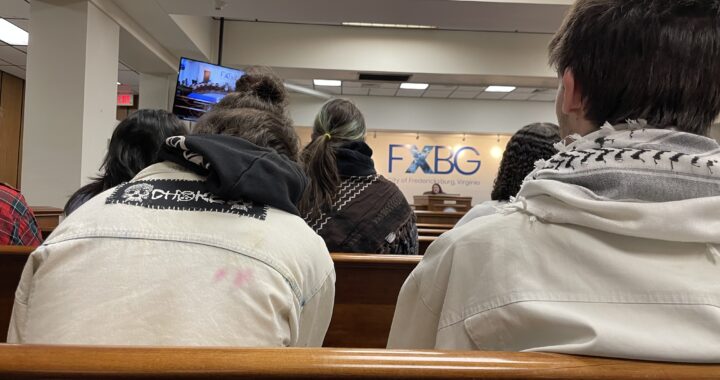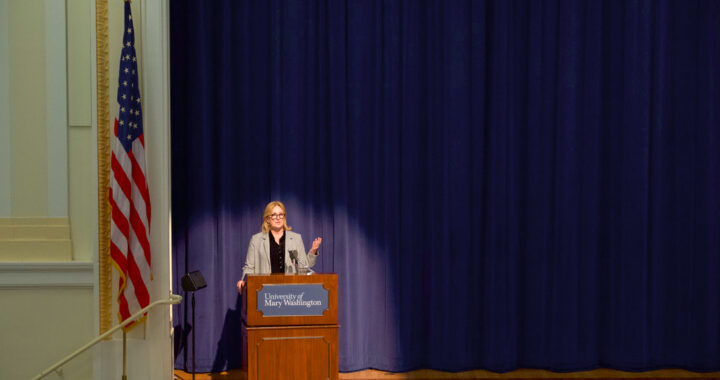A Toast to Youth: University Presidents Call for Talk to Lower Drinking Age
3 min readBY ELIZABETH NOWROUZ Editor-in-Chief
“It’s time to rethink the drinking age.”
So say the signatories of the Amethyst Initi
ative, an effort begun by the presidents and chancellors of 129 U.S. colleges and universities.
The signatories are calling for an open forum in which to debate the merit of the current drinking age in the United States.
The Amethyst Initiative is the brainchild of the Annapolis Group, an organization of over 100 of the country’s leading liberal arts colleges. The initiative began when John McCardell, the former president of Middlebury College in Vermont, spoke with friends in the group on their views of the current laws.
So far, 129 college and university presidents have signed the statement, which cites the pervasive trend of binge-drinking on college campuses and questions whether the intended effects of raising the drinking age, namely a significant drop in adolescent highway deaths, have become a reality.
“Adults under 21 are deemed capable of voting, signing contracts, serving on juries and enlisting in the military,” reads the statement, “but are told they are not mature enough to have a beer.”
Twenty-one became the national drinking age in 1984, when Congress passed the National Minimum Drinking Age Act. This legislation mandated a 10 percent decrease in highway funding for states that did not follow suit.
“I understand the logic of the Initiative,” said Margaret Huber, a UMW professor of anthropology. “But whether or not the drinking age is 21 doesn’t create or dispel the notion of a taboo.”
That, she says, takes longer to affect.
According to its Web site, the Amethyst Initiative takes its name from the Greek word meaning “not intoxicated.” The official statement of the Initiative cites Prohibition’s failure as a similar situation to the current drinking age.
As of now, UMW is not a member of the Initiative, but three presidents of schools in Virginia have so far put their names forward.
“Our campus doesn’t need the publicity of lowering the drinking age when our president just got kicked out,” senior Aryn Rosner said.
According to Huber, attitudes toward drinking flow from deeper cultural pressures.
“You have these late adolescents who are in between being kids and grown-ups, and they’re told that they are supposed to act crazy,” she said. “The major way to do that is drinking.”
American culture is often cited by both proponents and critics of a changed drinking age.
Vice President of Student Affairs and Dean of Students Bernard Chirico said that the process of changing the culture would take decades.
“With a culture that generally refrains from allowing young family members to experience supervised drinking of alcohol, young people are often left to their own furtive illegal attempts and devices and the associated problems,” Chirico said.
Whether or not adolescents are responsible enough to consume alcohol has prompted fierce debate.
“If you can go into war and kill people when you’re 18, that’s a lot more responsibility than having a beer can in your hand,” said freshman Ashley Cameron.
“Presently, I am not in favor of lowering the drinking age,” Chirico said. “I am in favor of informed drinking and social norms campaigns which seem to be having some impact on the problem of alcohol and binge drinking on college campuses.”
The Amethyst Initiative strives for answers to these problems as well, and its signatories vow to play a “vigorous, constructive role as these discussions unfold.”












